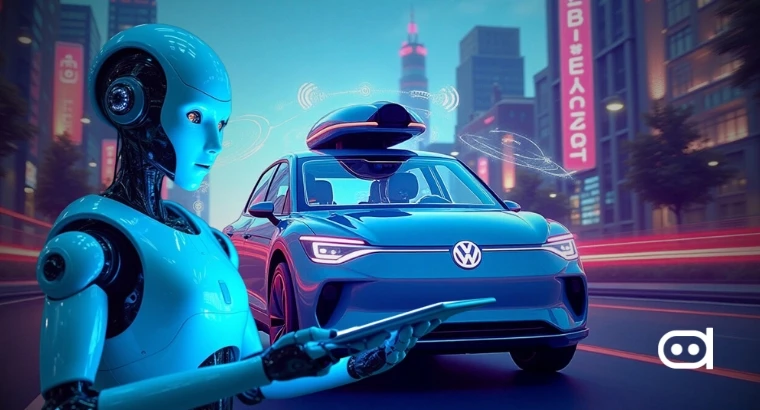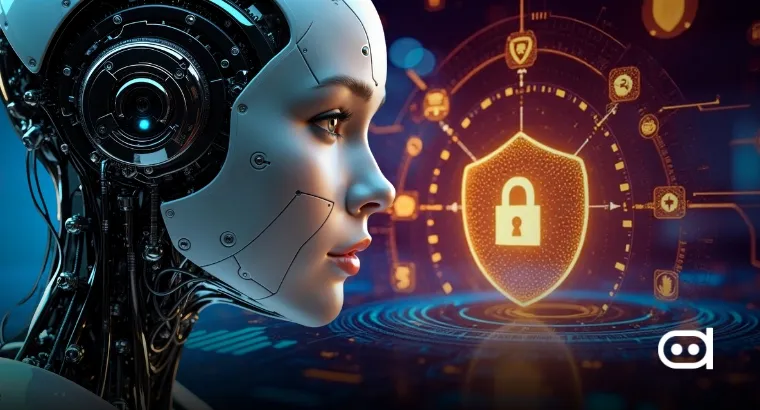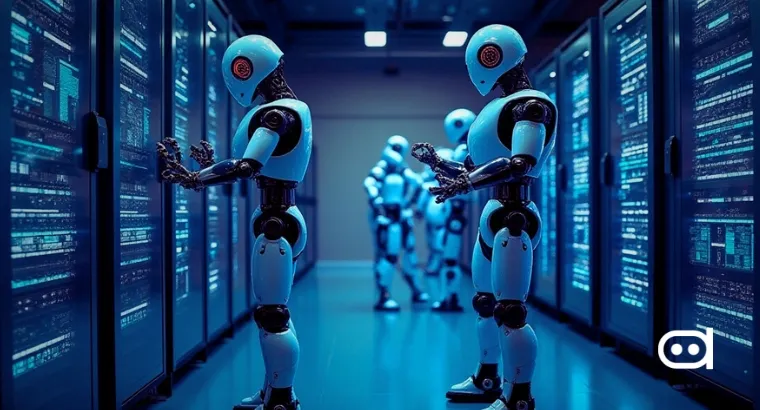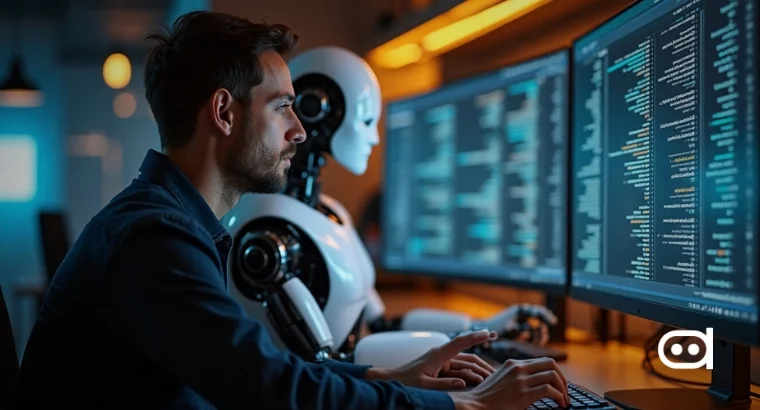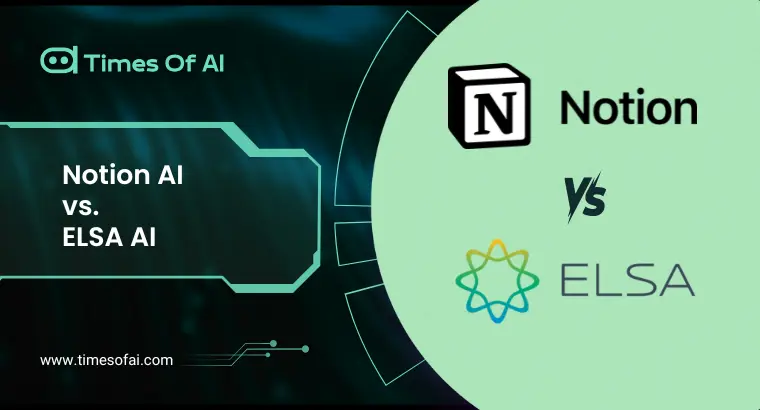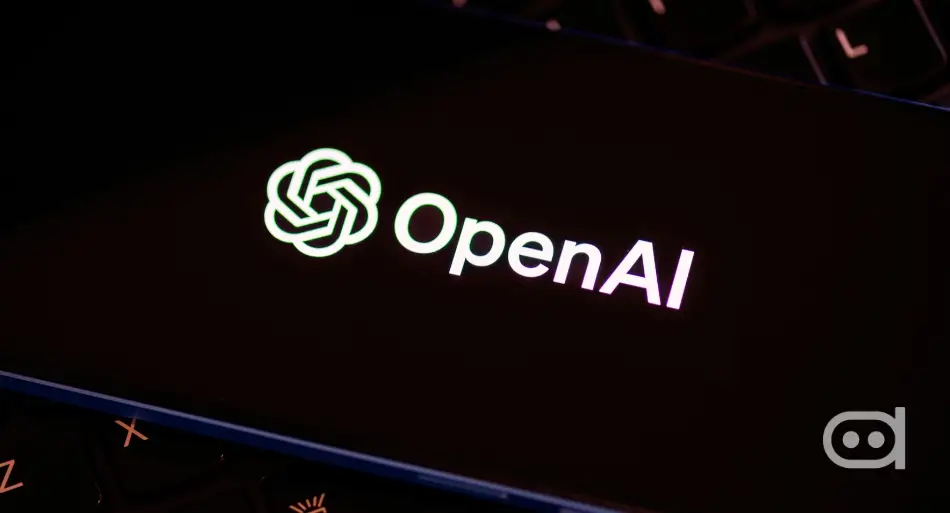
The New York Times has initiated litigation against OpenAI, alleging that the company has been exploiting the content associated with its articles without their authorization. The prominent legal dispute began when OpenAI demanded that the New York Times (NYT) verify the uniqueness of its articles.
OpenAI has contacted the court to request that it request information from the New York Times (NYT) regarding the substantiation that the articles are theirs and fall under the copyright act. The primary focus is on the source of the articles. This appeal includes the provision of the reporter’s notes, interview details, and other relevant information. This, according to OpenAI, will facilitate complete transparency regarding whether they have violated any copyright acts.
The intention of OpenAI is to understand the entire procedure regarding the writing of articles and every other aspect that is entailed in it, since they claim NYT’s counsel insists on the same, with them highlighting the complete clarity aspect of the matter. This will help in coming to a logical conclusion.
According to the lawsuit filed, the New York Times has claimed that OpenAI has been tutoring AI models related to the aforementioned articles without permission.
In a quick revert, NYT’s counsel appealed to the court to squash any such request coming from OpenAI. They believe this could potentially send the wrong message about factors related to copyright issues and complicate matters further. They also strongly feel that the detailed information regarding journalistic procedures is absolutely inconsequential, having no connection with the case whatsoever.
The New York Times further argues that, rather than squandering the time of the court and others, they should directly address the issue and determine whether the copyright act has been violated in any regard by OpenAI.

